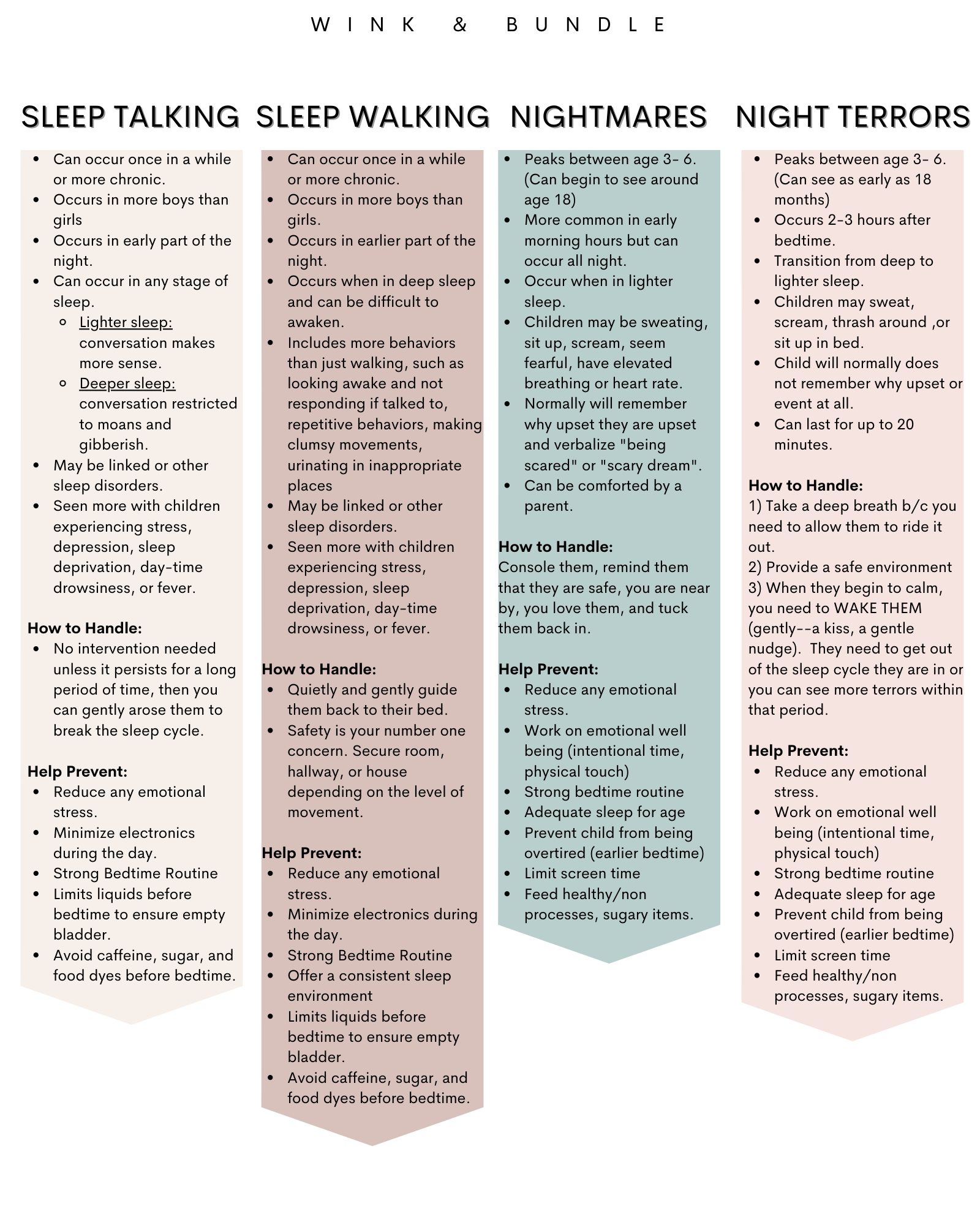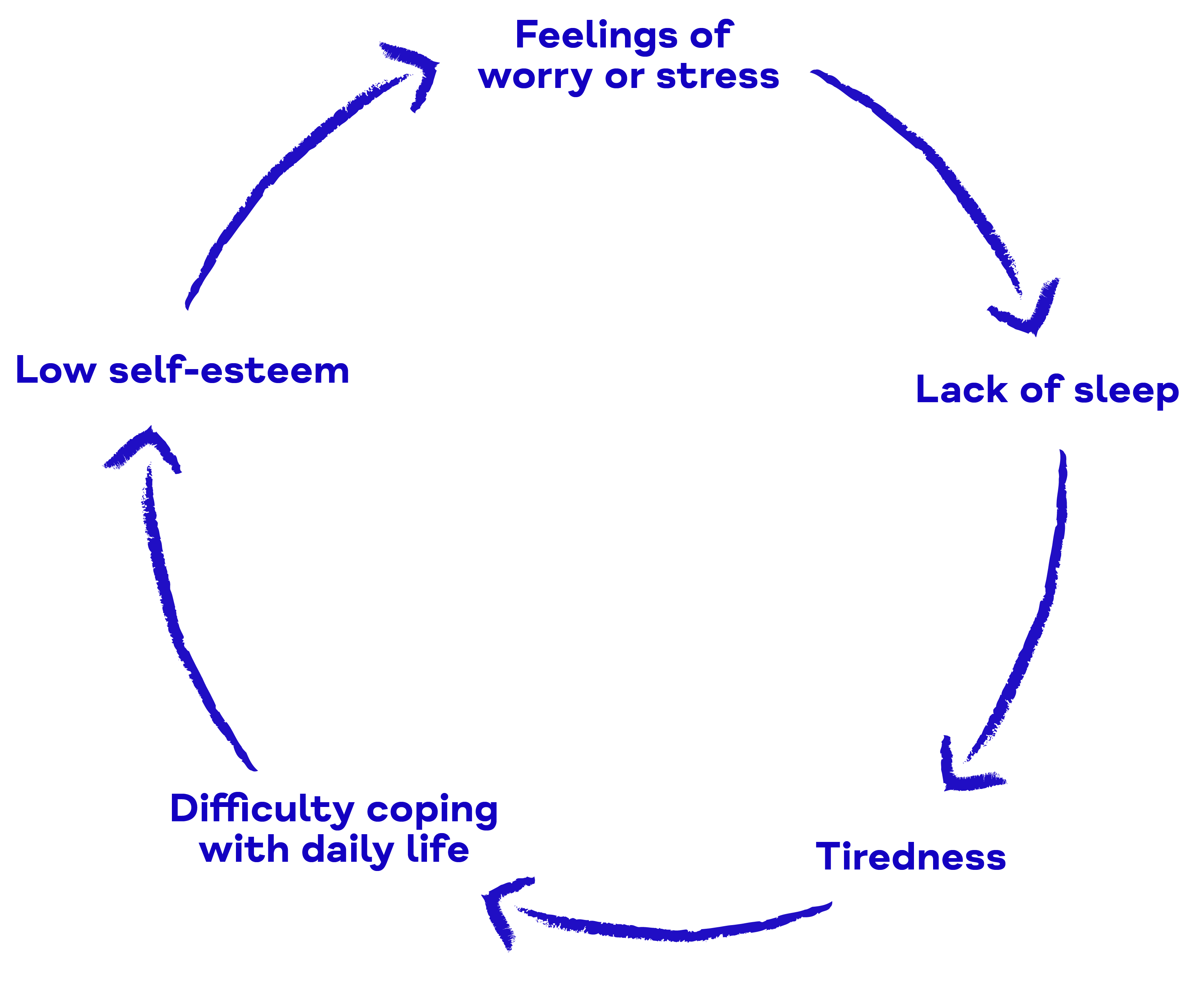Introduction
Experiencing nightmares and stress can be incredibly challenging, impacting both our mental and physical well-being. Nightmares are vivid and disturbing dreams that often cause feelings of fear, anxiety, or sadness upon waking. Stress, on the other hand, is a natural response to life’s demands, but when it becomes overwhelming, it can have detrimental effects on our mental health.
The Science Behind Nightmares
Nightmares occur during Rapid Eye Movement (REM) sleep, a phase of the sleep cycle where our brain is highly active, and dreams are most vivid. Dreams serve various functions, including memory consolidation and emotional processing.
Several psychological theories explain nightmares. The psychoanalytic perspective, proposed by Freud, suggests that nightmares are a way for the unconscious mind to express repressed desires and emotions. The Threat Simulation Theory posits that nightmares help us rehearse and prepare for threatening situations. Additionally, the Emotional Regulation Theory suggests that nightmares serve as a means to regulate intense emotions.
Neurobiologically, the amygdala, known for its role in processing fear and emotions, plays a crucial part in nightmares. Changes in neurotransmitters, such as serotonin and norepinephrine, can also contribute to nightmare occurrence. Sleep disorders, like sleep apnea or insomnia, may increase the likelihood of experiencing nightmares.
Unveiling the Stress-Nightmare Link
Stress is a common factor in our lives, but excessive and prolonged stress can disrupt our sleep patterns. Different types of stress, such as acute stress from daily pressures, chronic stress from long-term challenges, or traumatic stress from significant events, can all influence our sleep and dream experiences.
Stress and sleep are closely connected. Stress can lead to sleep disturbances, such as difficulty falling asleep, staying asleep, or waking up too early. Conversely, poor sleep quality resulting from nightmares can intensify stress levels, creating a cyclical pattern.
The Psychological Impact of Nightmares
Nightmares can have significant psychological consequences, impacting mental health and emotional well-being. Frequent nightmares can lead to increased anxiety and depression, making it difficult for individuals to cope with daily challenges. Moreover, individuals who have experienced trauma may suffer from Post-Traumatic Stress Disorder (PTSD) and frequently encounter nightmares related to their traumatic experiences.
The distress caused by nightmares can disrupt cognitive functioning, leading to daytime fatigue, difficulty concentrating, and impaired memory, ultimately affecting overall productivity and quality of life.
Breaking the Cycle: Strategies to Reduce Nightmares and Stress
Fortunately, there are several strategies to break free from the nightmares-stress cycle:
Lifestyle Modifications for Better Sleep and Stress Management
- Create a Relaxing Bedtime Routine: Establish a calming pre-sleep routine to signal your body that it’s time to wind down. This may include reading, taking a warm bath, or practicing gentle stretching exercises.
- Practicing Mindfulness and Meditation: Engage in mindfulness practices or meditation to reduce stress and cultivate a peaceful mind before bedtime.
- Regular Physical Exercise: Engaging in regular physical activity can help reduce stress and improve sleep quality.
- Limiting Stimulants and Screen Time Before Bed: Avoid caffeine, nicotine, and electronic devices before sleep, as they can disrupt sleep patterns.
Cognitive-Behavioral Techniques for Nightmares and Stress
- Imagery Rehearsal Therapy (IRT): In IRT, individuals rewrite their nightmares to create a more positive outcome, reducing the emotional intensity associated with the dream.
- Cognitive Restructuring: This technique involves challenging negative thought patterns and replacing them with more positive and adaptive thoughts.
- Exposure Therapy: Exposure to anxiety-inducing stimuli in a safe and controlled environment can help reduce fear and anxiety related to nightmares.
Seeking Professional Help and Therapy Options
If nightmares and stress significantly impact your daily life, seeking professional help is essential. Some therapy options include:
- Therapy for Trauma and PTSD: Trauma-focused therapies, such as Eye Movement Desensitization and Reprocessing (EMDR) or Cognitive Processing Therapy (CPT), can help individuals process and heal from traumatic experiences.
- Sleep Hygiene Counseling: Working with a sleep specialist can help identify and address sleep-related issues contributing to nightmares.
- Medication and Its Role: In severe cases, medication may be prescribed to manage anxiety or sleep disturbances. However, medication should be used in conjunction with therapy for the most effective results.
The Role of Self-Care in Managing Nightmares and Stress

Self-care practices play a crucial role in managing nightmares and stress:
- Importance of Self-Care Practices: Regular self-care can improve overall well-being and resilience, making it easier to cope with stress and emotional challenges.
- Identifying Personal Stressors and Triggers: Understanding what triggers stress and nightmares can help develop effective coping strategies.
- Nurturing a Supportive Social Network: Surrounding yourself with supportive and understanding individuals can provide emotional comfort and reduce feelings of isolation.
- Incorporating Relaxation Techniques in Daily Life: Engage in relaxation techniques, such as deep breathing exercises or progressive muscle relaxation, throughout the day to manage stress proactively.
Case Studies and Real-Life Experiences
Real-life experiences demonstrate the success of various coping mechanisms:
“I used to have recurring nightmares after a traumatic event. Therapy helped me reframe my thoughts and learn relaxation techniques. My nightmares reduced significantly, and I sleep much better now.” – John, 34
“Incorporating exercise and mindfulness practices into my routine has made a tremendous difference in managing my stress levels. The nightmares have become less frequent and less intense.” – Sarah, 28
FAQs: Understanding Nightmares and Stress
What Causes Nightmares?
Nightmares can be triggered by various factors, including stress, trauma, medication side effects, sleep disorders, and certain foods.
Are Nightmares a Sign of an Underlying Medical Condition?
In some cases, frequent nightmares may indicate an underlying medical or mental health condition. It’s essential to seek professional evaluation if nightmares persist.
Can Stress Lead to Chronic Nightmares?
Yes, chronic stress can disrupt sleep patterns and lead to recurrent nightmares. Addressing stress through various techniques can help reduce nightmare frequency.
How Does Trauma Contribute to Nightmare Occurrences?
Traumatic experiences can lead to nightmares as a way for the mind to process and cope with the emotional impact of the event.
What Role Does Sleep Quality Play in Nightmares and Stress?
Poor sleep quality can exacerbate stress levels and increase the likelihood of experiencing nightmares, creating a cycle of distress.
When Should One Seek Professional Help for Nightmares?
If nightmares significantly disrupt daily life, cause distress, or are related to traumatic experiences, seeking help from a mental health professional is advisable.
What Are Some Natural Remedies to Reduce Stress and Improve Sleep?
Practicing relaxation techniques, engaging in physical exercise, and maintaining a healthy sleep environment are some natural remedies to manage stress and improve sleep quality.
Conclusion
Nightmares and stress can create a vicious cycle that negatively impacts our mental and physical well-being. By understanding the science behind nightmares and stress and implementing effective coping strategies, we can break free from this cycle and improve our overall quality of life.

Greetings, dear dreamers and seekers of emotional and spiritual healing. I am Aria Blake, a passionate and dedicated professional psychologist…More

